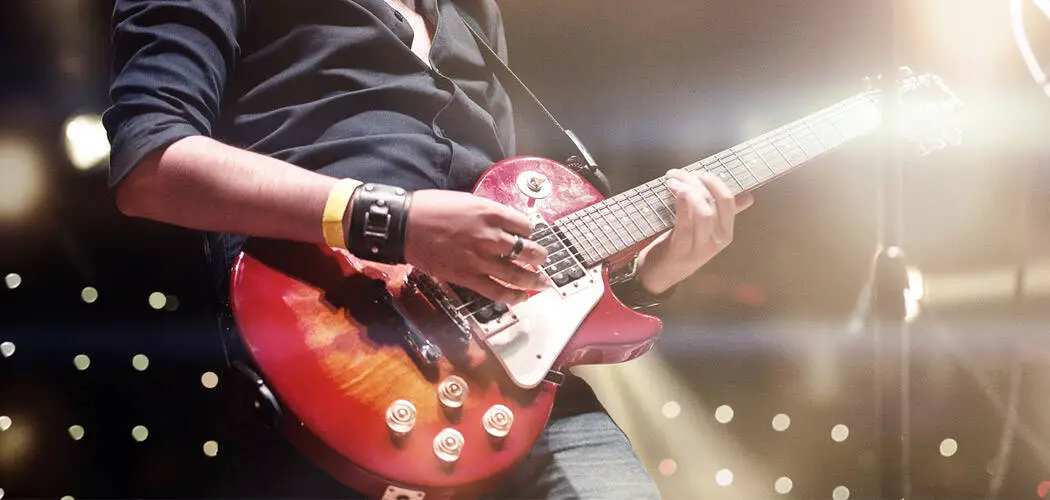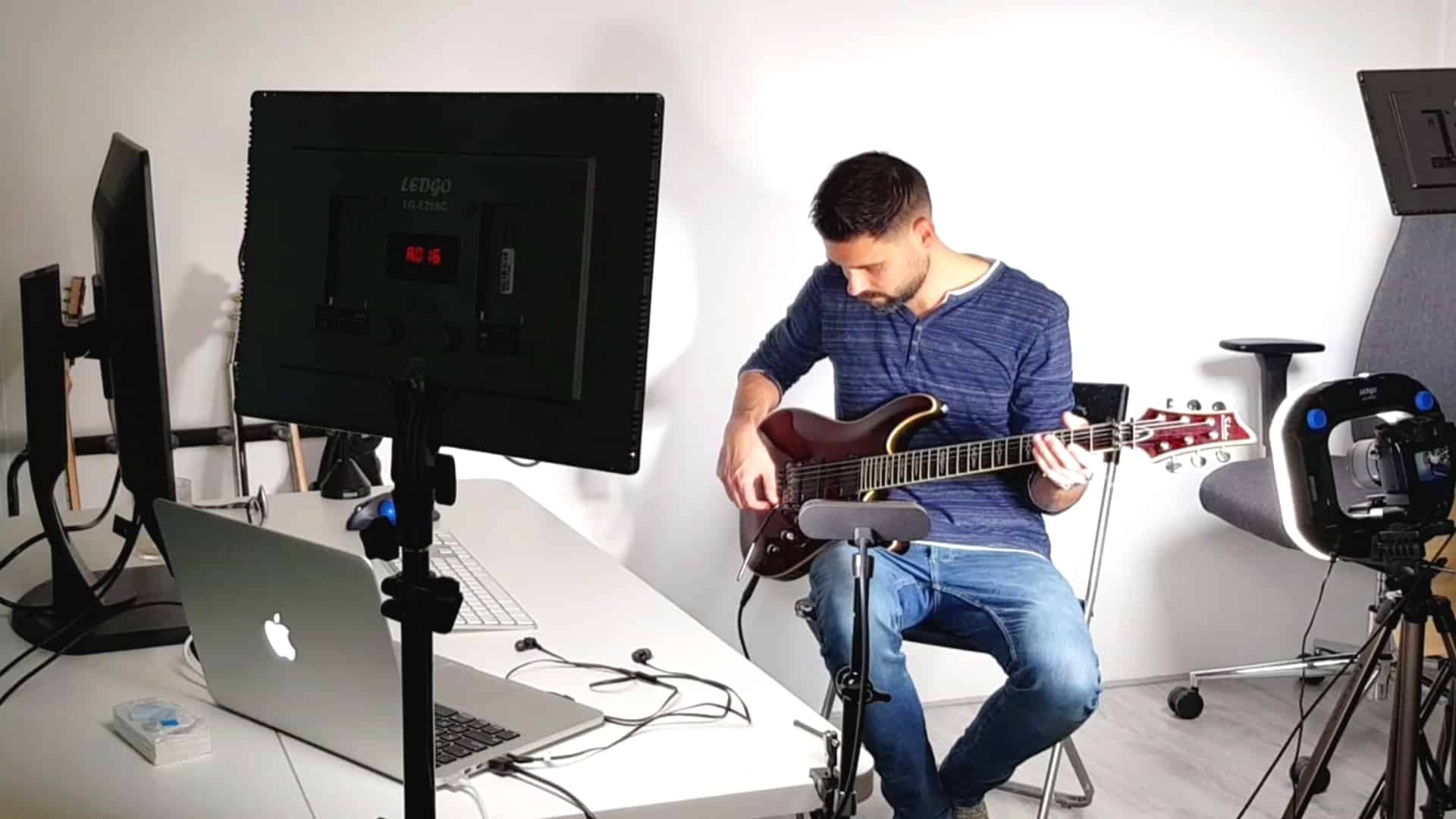When can I finally play the real guitar? As strange as this question may sound, it has been asked to me many times before and as you can imagine, it is not easy to answer.
However, it is still possible if you first clarify what “being able to play the guitar” means to you.
On the other hand, there is also the question of how much time the apprentice is willing to invest in his hobby.

As you can see, there are no simple answers to complex questions like these and therefore we want to try to approach this topic in a more differentiated way.
So much has already been revealed that the answer must be: “Depends!
How much time do you have to spend learning the guitar?
The primary question you should ask yourself is: How much time am I willing to spend on my instrument, or is it available to me organizationally?
Here not only the duration counts but also the quality and the continuity of the practice units.
If you are not prepared to work on yourself for at least 20 minutes on at least five days a week, you will hardly make any progress.
Regular practice spread over the week is certainly more effective than practicing an hour once a week and then not touching the instrument for the remaining days.
The form of practice should also be well structured and result-oriented.
Especially at the beginning, the concept of talent is circulating through your head again and again, which unfortunately often acts as a counterweight to practicing.
In short: Proper practice will always win over talent, if such a thing exists at all.
Learn to play the guitar with or without a teacher?
Anyone who has never played an instrument before and has had little contact with music practice should not be afraid to choose an instrumental teacher in order to achieve maximum progress.
Here you learn how to practice correctly, you get direct feedback and the most important thing: The material is portioned into digestible bites which can be mastered well by the student and do not over- or under challenge him.
Those who already play an instrument may be able to do without permanent instruction, but should at least take a few hours in the beginning, to learn the optimal body and hand posture because a wrong technique can extremely slow down the progress and the relearning later becomes all the more tedious.
Why you should set goals?
Before you decide to learn an instrument, you should ask yourself:
- What do I want?
- Is it about playing some songs around the campfire?
- Do you want to start your own band?
- Do you just want to play for yourself?
- Do you want to play on a semi-professional or even professional level?
Even if the learning of the guitar looks identical for each of these areas at the beginning, the campfire guitarist will surely reach his goal with less effort than the prospective professional, and also the contents will differ from a certain point.
Sooner or later you should be clear about where you want to go because then you will set your priorities differently and you will be able to get a higher motivation out of your goals.
How long do I have to practice until I am a good guitarist?
If you ask any halfway advanced musician how long it takes to master his instrument, he will answer: a lifetime!
Exact predictions are obviously always difficult, but it is still possible to make certain intermediate stops more or less accurate, provided that the recommended training effort is done.
Here are a few very rough guidelines that could apply to teenagers to adults, if you start with acoustic guitar and want to switch to electric guitar (big individual differences are of course conceivable):
- 1-3 months: First song accompaniment with a handful of chords is possible; first strumming and picking patterns are no longer a problem.
- 6 months: Most of the chords should be learned and also the barrée variations begin to sound gradually; the choice of playable songs increases dramatically.
- 1 year: All chords, including barree forms, sit; different accompaniment forms are available, all “campfire songs” can be realized without problems; switch to electric guitar is possible.
- 2 years: No more problem with improvisation in pentatonics; electric guitar techniques were learned rudimentarily, playing in a band is conceivable.
- From 5 years: The usual scales are in place; a solid foundation of technique, theory, and aural training has been created; most songs are playable.
I'm Joost Nusselder, the founder of Neaera and a content marketer, dad, and love trying out new equipment with guitar at the heart of my passion, and together with my team, I've been creating in-depth blog articles since 2020 to help loyal readers with recording and guitar tips.

